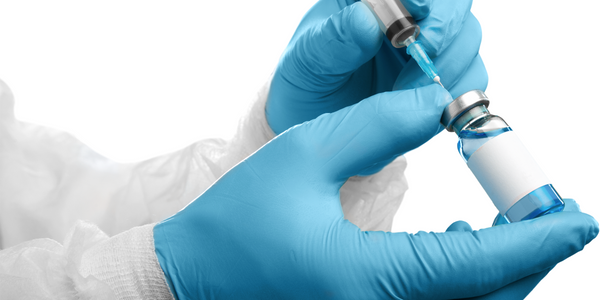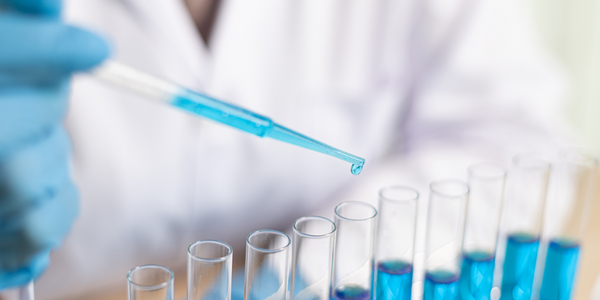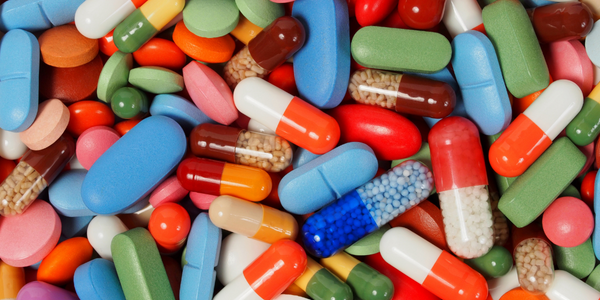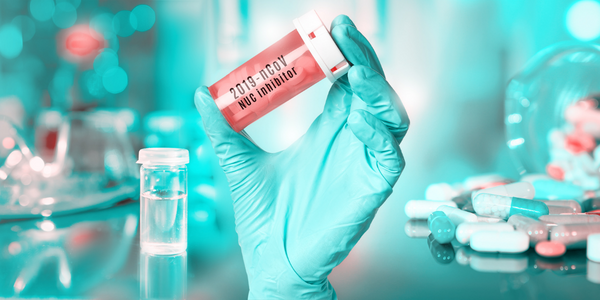下载PDF
Using Machine Learning for Optimization of Cellular Factories To Produce Industrial Products
技术
- 分析与建模 - 机器学习
- 分析与建模 - 预测分析
适用行业
- 生命科学
- 药品
适用功能
- 产品研发
- 质量保证
用例
- 预测性维护
- 机器状态监测
- 远程资产管理
服务
- 软件设计与工程服务
- 系统集成
- 数据科学服务
挑战
Identify efficient tools to predict productivity in yeast cell factories and optimize protein pathways. Enabling accurate genotype-to-phenotype predictions through machine learning. Exploiting the power of combining mechanistic and machine learning models to effectively direct metabolic engineering efforts.
关于客户
The Jensen Lab at DTU Biosustain, also known as Synthetic Biology Tools for Yeast (SBTY), develops engineering tools and high-resolution data that can dramatically increase the speed, efficiency, and rationale by which yeast-based cell factories are screened, selected, and engineered. Their particular focus is on how to engineer and evolve yeast genomes for improved performance of yeast as biocatalysts, and the development of high-throughput screening and selection tools enabled by genetically encoded biosensor devices. The Novo Nordisk Foundation Center for Biosustainability (DTU Biosustain) at the Technical University of Denmark is focused on developing new knowledge and technologies to help facilitate the transformation from the existing oil-based chemical industry to a more sustainable bio-based society in which chemicals are produced biologically.
解决方案
The partnership between DTU Biosustain and TeselaGen, in collaboration with the Berkeley Lab, aimed to identify the efficacy of using mechanistic models and machine learning models to enable accurate genotype-to-phenotype predictions. TeselaGen’s DISCOVER module provides an interface and compute infrastructure to create, train, and execute ML algorithms using TeselaGen’s Proprietary Software for fast data loading and processing. Once the genetic constructs of the study are designed, built, and experimentally characterized, various DISCOVER Machine Learning and/or Deep Learning tools created by TeselaGen can be applied. This approach allows for the deployment of powerful machine learning models, training predictive models, generating peptide leads, and running evolutive models, ultimately leading to optimized metabolic pathway designs and improved productivity in yeast cell factories.
运营影响
数量效益
相关案例.

Case Study
Case Study: Pfizer
Pfizer’s high-performance computing software and systems for worldwide research and development support large-scale data analysis, research projects, clinical analytics, and modeling. Pfizer’s computing services are used across the spectrum of research and development efforts, from the deep biological understanding of disease to the design of safe, efficacious therapeutic agents.

Case Study
Fusion Middleware Integration on Cloud for Pharma Major
Customer wanted a real-time, seamless, cloud based integration between the existing on premise and cloud based application using SOA technology on Oracle Fusion Middleware Platform, a Contingent Worker Solution to collect, track, manage and report information for on-boarding, maintenance and off-boarding of contingent workers using a streamlined and Integrated business process, and streamlining of integration to the back-end systems and multiple SaaS applications.

Case Study
Process Control System Support
In many automated production facilities, changes are made to SIMATIC PCS 7 projects on a daily basis, with individual processes often optimised by multiple workers due to shift changes. Documentation is key here, as this keeps workers informed about why a change was made. Furthermore, SIMATIC PCS 7 installations are generally used in locations where documentation is required for audits and certification. The ability to track changes between two software projects is not only an invaluable aid during shift changes, but also when searching for errors or optimising a PCS 7 installation. Every change made to the system is labour-intensive and time-consuming. Moreover, there is also the risk that errors may occur. If a change is saved in the project, then the old version is lost unless a backup copy was created in advance. If no backup was created, it will no longer be possible to return to the previous state if and when programming errors occur. Each backup denotes a version used by the SIMATIC PCS 7 system to operate an installation. To correctly interpret a version, information is required on WHO changed WHAT, WHERE, WHEN and WHY: - Who created the version/who is responsible for the version? - Who released the version? - What was changed in the version i.e. in which block or module of the SIMATIC PCS 7 installation were the changes made? - When was the version created? Is this the latest version or is there a more recent version? - Why were the changes made to the version? If they are part of a regular maintenance cycle, then is the aim to fix an error or to improve production processes? - Is this particular version also the version currently being used in production? The fact that SIMATIC PCS 7 projects use extremely large quantities of data complicates the situation even further, and it can take a long time to load and save information as a result. Without a sustainable strategy for operating a SIMATIC PCS 7 installation, searching for the right software version can become extremely time-consuming and the installation may run inefficiently as a result.

Case Study
Drug Maker Takes the Right Prescription
China Pharm decided to build a cloud-based platform to support the requirements of IT planning for the next five to ten years which includes a dynamic and scalable mail resource pool platform. The platform needed to have the following functions: all nodes support redundancy, ensuring service continuity and good user experience, simple and easy-to-use user interfaces for end users and administrators and good compatibility and supports smooth capacity expansion.

Case Study
ELI LILLY ADOPTS MICROMEDIA’S ALERT NOTIFICATION SYSTEM
Pharmaceutical production is subject to a strict set of enforced rules that must be adhered to and compliance to these standards is critically necessary. Due to the efforts of WIN 911’s strategic partner Micromedia, Lilly was able to adopt an alarm notification infrastructure that integrated smoothly with their existing workflows and emergency hardware and protocols. These raw energy sources enable the industrial process to function: electricity, WIN-911 Software | 4020 South Industrial Drive, Suite 120 | Austin, TX 78744 USA industrial steam, iced water, air mixtures of varying quality. Refrigeration towers, boilers and wastewater are monitored by ALERT. Eli Lilly identified 15000 potential variables, but limitations compelled them to chisel the variable list down to 300. This allowed all major alarms to be covered including pressure, discharge, quantity of waste water discharged,temperature, carbon dioxide content, oxygen & sulphur content, and the water’s pH.





